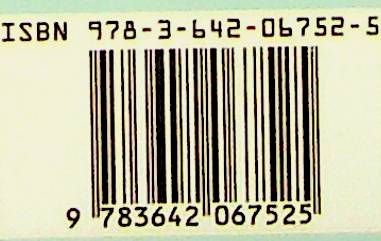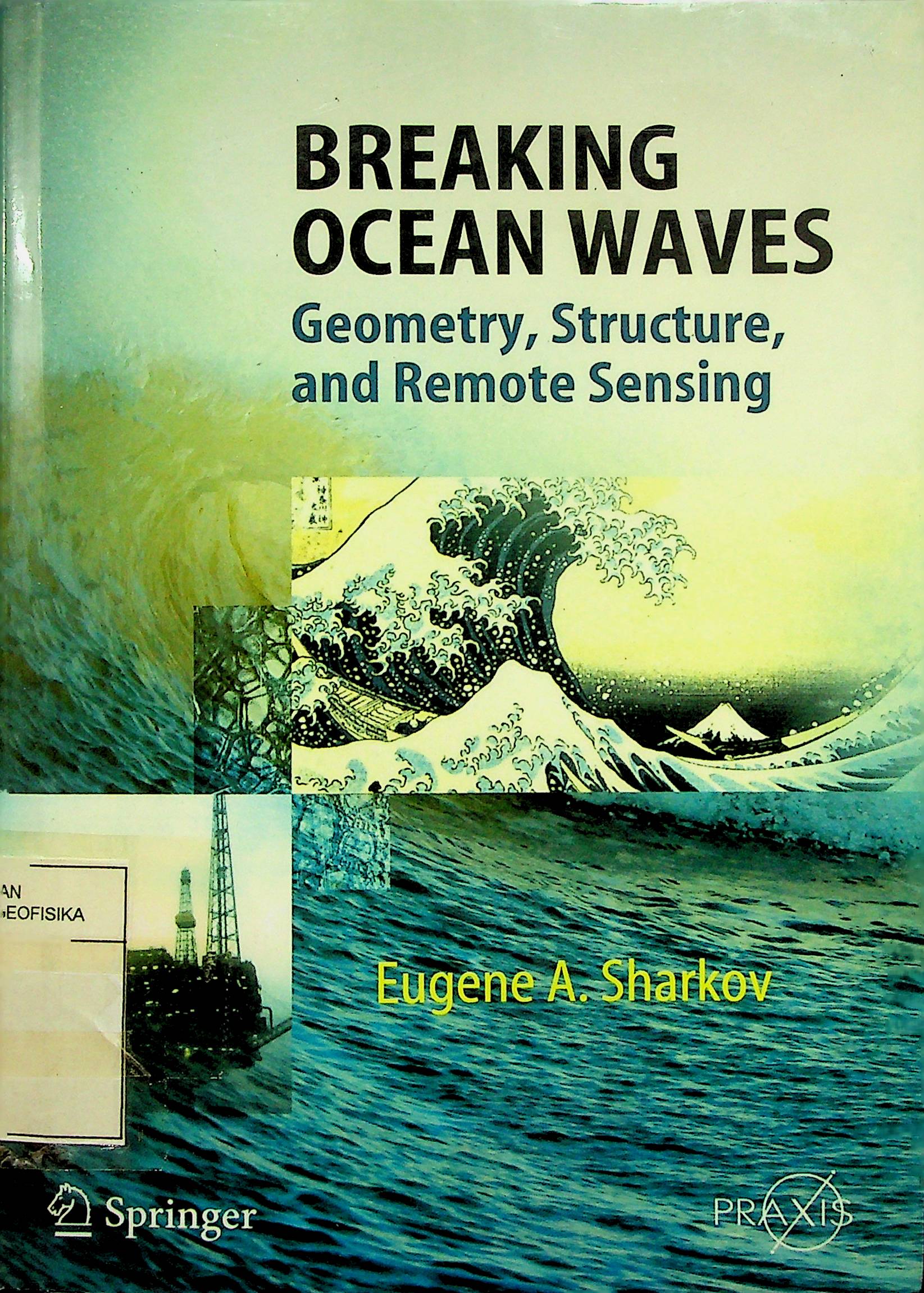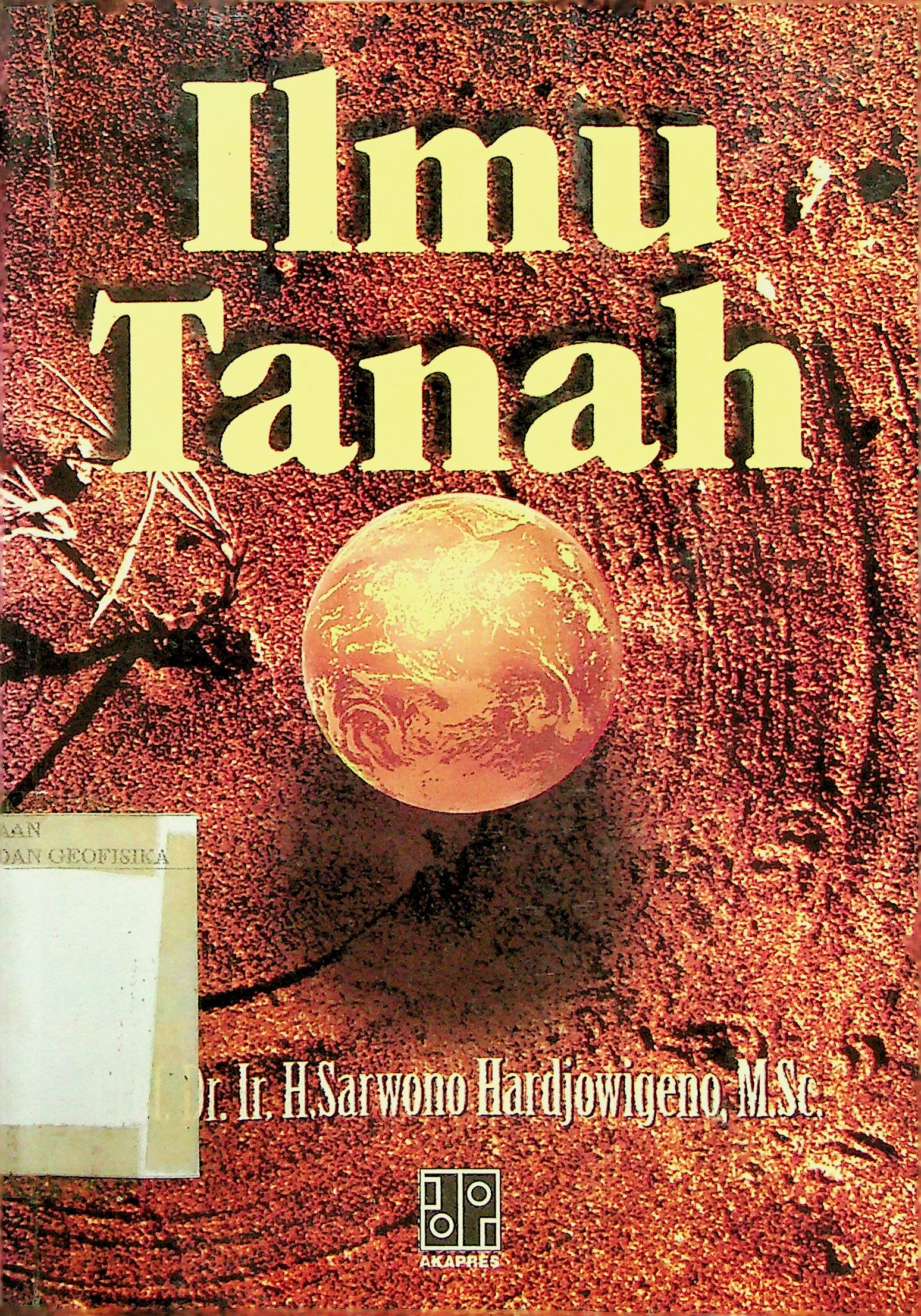The surface of the ocean has drawn the most intent attention of human beings from the very beginning of mankind’s history. The breaking of large oceanic waves has an especially hypnotic effect on any ordinary man or woman observing this magnificent phenomenon. These natural processes have repeatedly been the themes in painting (sec Plate 1), literature, and music. Very few—if any—people have remained indif¬ferent to this manifestation of the greatness of nature. No less important are the oceanic wave breaking processes for scientific concepts and views in the study of the World Ocean as well.The study of the physical and dynamic characteristics of gravity waves on the sea surface while they break and the subsequent foam activity and formation of drop¬spray clouds arc amongst the major problems facing modem satellite oceanology, physics of the ocean-atmosphere interaction, and oceanic engineering (sec Plate 2). In articular, the contribution of foam and drop-spray systems of various types to mean values and spatiotemporal variations in microwave (radio emission and backscatter- ing), infrared, and optical parameters of a rough sea surface is significant. Knowledge of the detailed statistical characteristics of breaking wave fields is also important in the study of the dynamics of sea waves (generation of waves, nonlinear interactions, dissipation, etc.). Despite the external accessibility and seeming simplicity of visual and instru¬ mental observation of the oceanic wave breaking process, detailed scientific data on spatial breaking fields in many different areas of the World Ocean obtained in field remote-sensing experiments are still not yet available. This is principally due to the high spatiotemporal variability in the process of breaking gravity oceanic waves under rough sea conditions and high values of wind speeds over the oceanic surface. Under such complicated aerial navigation conditions, there arise both field experimental methodological complications in remote sensing of these rapid processes by ships and airplanes, and complications of administrative character (e.g., banning of air flights under complex meteorological conditions). And space-borne instruments still do not
5
Breaking Ocean Waves
Eugene A. Sharkov
Penerbit :
Praxis Publishing Ltd, Chichester
Tahun :
2010
Buku Text
Ocean Laut Waves physics Geometri
-
No Scan59
-
No Klasifikasi551.470.1
-
ISBN-
-
ISSN-
-
No Registrasi68A/IV/2012
-
Lokasi Terbit-
-
Jumlah Hal34
-
Label551.470.1 Sha b
-
Versi DigitalYA
-
Versi FisikYA
-
Lokasi Rak Buku Fisik01/A/01
-
Jumlah Exemplar Fisik Tersedia1






